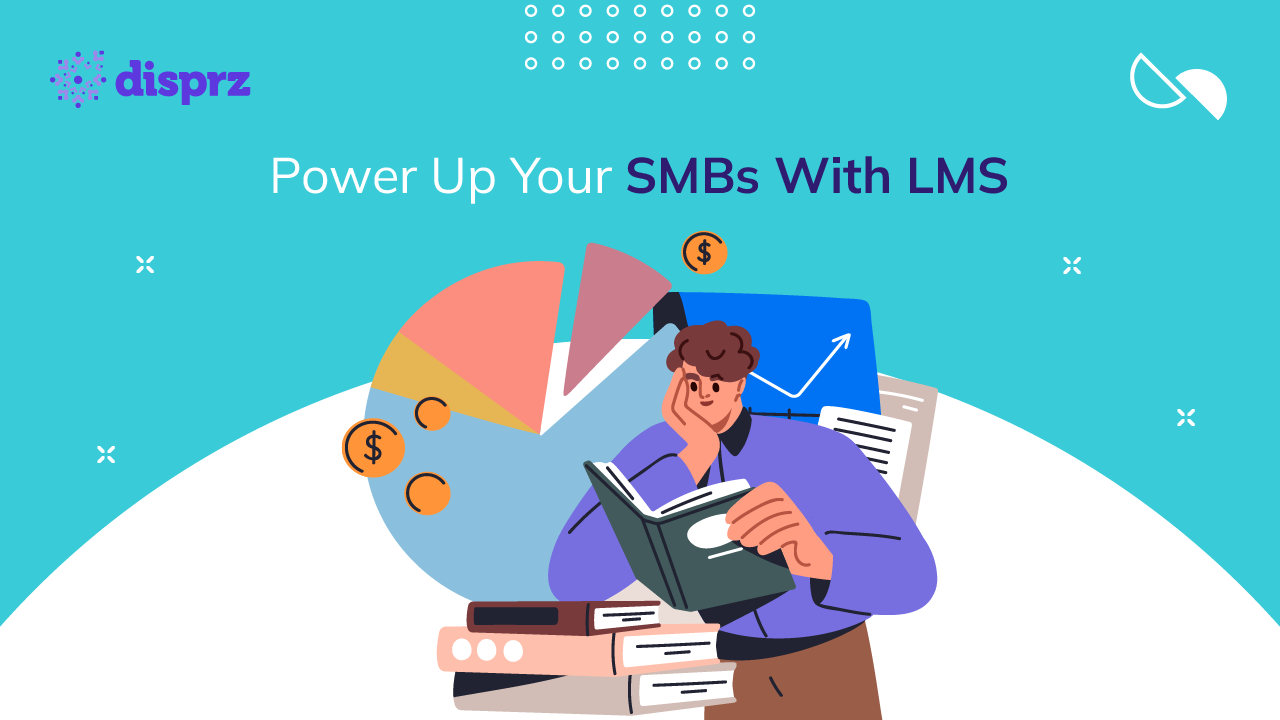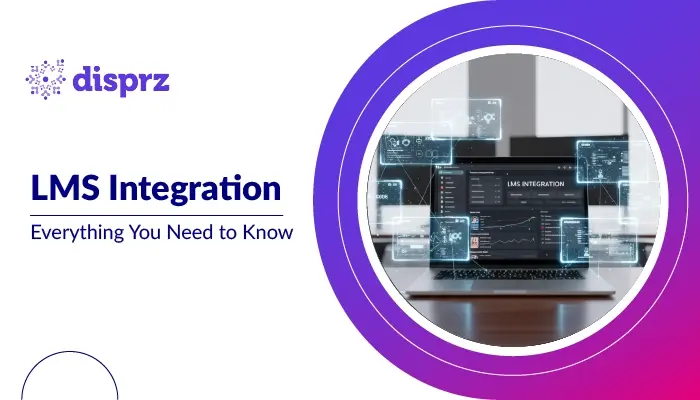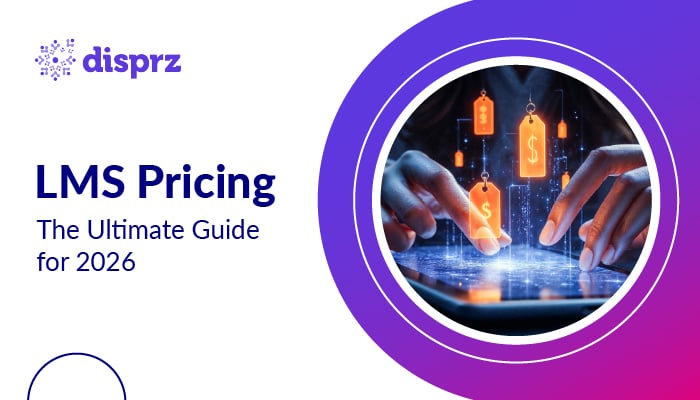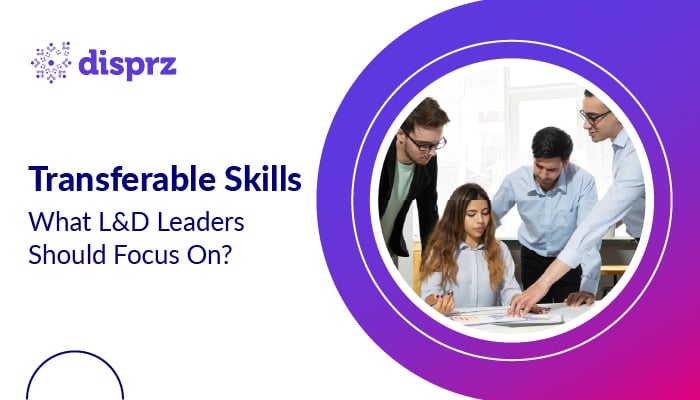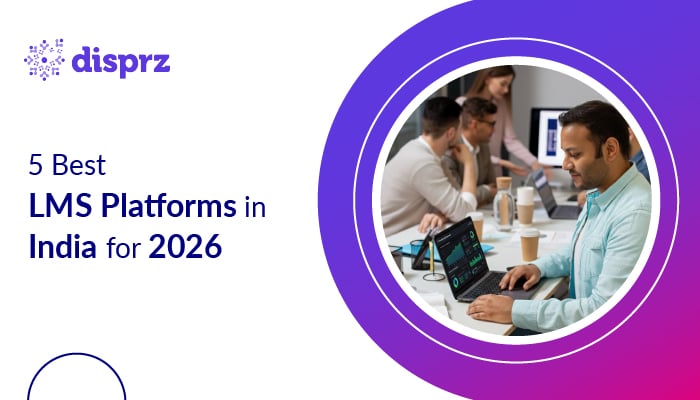What is LMS for small business?
A Learning Management System (LMS) for small businesses is a digital platform designed to streamline and manage employee training and development, offering features like course creation, progress tracking, and reporting, tailored to fit the budget and scale of smaller enterprises.
Benefits of learning management system for small business
The benefits of LMS for SMBs are as below:
Cost-Effective Training
An LMS significantly lowers training costs by providing online access to materials, eliminating the need for instructors, venues, and printed resources. Employees can access training anytime, anywhere, further reducing expenses.
Flexibility
Using an LMS, employees can access training materials at their convenience, learning at their own pace and on their schedule. This flexibility is especially beneficial for small businesses, helping employees balance work and training effectively.
Easy to Update
In a rapidly changing business environment, keeping training materials current is crucial. An LMS simplifies updating content, ensuring employees always have access to the latest information.
Tracking and Reporting
An LMS offers detailed tracking and reporting features, enabling businesses to monitor employee progress, completion rates, quiz performance, and areas needing additional training.
Customization
Most LMS platforms are highly customizable, allowing businesses to tailor training materials to their specific needs. This enables the creation of training programs designed for their employees and unique business requirements.
5 use-cases why every small business needs LMS
The common SMB LMS use cases are
1) Product/service training
Providing employees with knowledge of your company’s core products and services ensures they are equipped to deliver exceptional customer experiences.
2) Compliance training
Required training on workplace policies, safety procedures, discrimination prevention, and more, ensuring legal adherence and a safe work environment for all employees.
3) Soft skills development
Developing interpersonal, leadership, communication, and other key professional skills is crucial for fostering effective teamwork, career advancement, and enhancing workplace dynamics.
4) Onboarding and ongoing professional development
Extensive programs for new hire training and ongoing employee development, ensuring continuous skill enhancement and alignment with organizational goals.
5) Remote Team Collaboration
Facilitating training and collaboration among remote or distributed teams, ensuring everyone is aligned despite geographic differences, thereby enhancing team cohesion and productivity.
Important features to consider in small business LMS
The important features are as follows:
Scalability and flexibility
Ensure your LMS scales with your needs, supporting increased users, customer onboarding, and diverse training formats seamlessly. Flexibility in onboarding new hires remotely or in-office and offering on-demand training enhances employee development without scheduling constraints. A variety of training formats, from microlearning to longer courses with multimedia, keeps learning engaging and effective.
Affordable
For small businesses, budget constraints make an all-in-one platform invaluable. It handles onboarding, sales enablement, employee development, and customer training efficiently. When choosing an LMS, consider capabilities over just price to avoid higher costs from multiple solutions.
Simple and engaging UI
A Gartner survey finds that 60 percent of employees struggle with new software adoption; and prioritize a user-friendly interface to minimize training time and frustration. Test LMS functionality through demos or videos and involve cross-department employees in usability testing before deciding. Ensure mobile accessibility for remote and traveling staff to boost training participation.
Intuitive interface for admin and learners
Both the administrator overseeing training and learners benefit greatly from a modern, intuitive user experience. Key features include easy course assignments, engaging interfaces accessible across devices, and straightforward progress tracking.
Reporting and analytics capabilities
Detailed tracking dashboards offer visibility into learning metrics such as course completions, test scores, module time spent, and other factors, aiding in assessing training effectiveness.
Challenges of LMS for small business in 2026
Here are some of the challenges discussed below
Implementation Costs
While an LMS can save costs in the long term, initial implementation expenses covering the platform and content creation may deter small businesses.
Technical Skills
Implementing an LMS requires technical skills, and despite user-friendly platforms, small businesses may need staff training to ensure effective use.
Content Creation
Creating effective training content is a challenge for small businesses, as it requires specialized skills and time despite online resources.
Employee Engagement
Engaging employees in online training with an LMS can be challenging, requiring strategies to boost motivation and ensure completion.
Integration with Other Tools
Integrating an LMS with other tools like HR software or CRM systems can be challenging and may need technical expertise.
How do we overcome these challenges?
Implementing an LMS in small businesses presents challenges, yet effective strategies can mitigate them.
Budgeting
Strategic budgeting and planning can ease the financial impact of LMS implementation, covering platform costs and expenses for content creation and staff training.
Training
Providing training for staff managing the LMS ensures a smooth implementation, including LMS usage and content creation skills.
Employee Engagement
Encouraging employee engagement through rewards, feedback, and gamification ensures training completion and effectiveness.
Integration
Selecting an LMS platform that integrates with other business tools enhances operational efficiency and promotes cohesive business processes.
How to choose the best LMS for SMBs in 2026?
Choosing the right LMS for your small business involves evaluating needs, goals, and budgets carefully.
Key factors include
Business Needs and Goals
Define your training objectives, skills to develop, and desired outcomes. Identify training types like compliance training, soft skills, technical, or onboarding.
Budget and Pricing
Consider financial constraints when selecting an LMS within your budget. Evaluate pricing models (subscription vs. perpetual licensing) and additional costs like implementation, training, and support to maximize investment value.
Ease of Use and User Interface
Choose an LMS with a user-friendly interface for administrators and learners. Consider intuitiveness, accessibility, mobile compatibility, and multilingual support if needed.
Scalability and Flexibility
Select an LMS that scales with your organization's training needs as it grows. Assess its capacity for users, courses, and materials, and review the vendor's future development plans.
Features and Functionality
Evaluate the LMS features to match your training needs: course creation, content management, assessments, analytics, and integration with existing systems.
Vendor Support and Training
Evaluate vendor support: response times, online resources availability, and training for administrators and learners.
Third-Party Integrations
Evaluate LMS integration with third-party tools like HR platforms, e-commerce solutions, and social media to maximize functionality and value.
Conclusion
A Disprz LMS for small businesses streamlines employee training, offering cost-effective, flexible, and customizable solutions to enhance learning and development. Disprz provides scalable and user-friendly platforms that integrate seamlessly with existing tools, ensuring efficient training management and employee engagement.
To explore how Disprz can benefit your small business, schedule a demo today and discover the tailored solutions designed to meet your unique needs.
FAQs on LMS in SMB
1) Do small and medium businesses really need LMS?
Yes, LMS can significantly benefit small and medium businesses by enhancing training efficiency and effectiveness.
2) How much does Disprz LMS cost for SMB?
Disprz LMS pricing for small and medium businesses varies based on specific needs and requirements, so it's best to contact directly for detailed pricing information.
3) How long does it take to integrate Disprz LMS?
Disprz LMS offers streamlined integration processes, tailored to minimize complexity and ensure efficient setup, depending on customization needs and resource availability. For precise timelines, consulting directly with Disprz is recommended.
4) Can Disprz be customized to fit my business branding?
Yes, Disprz LMS can be fully customized to reflect your business's branding



